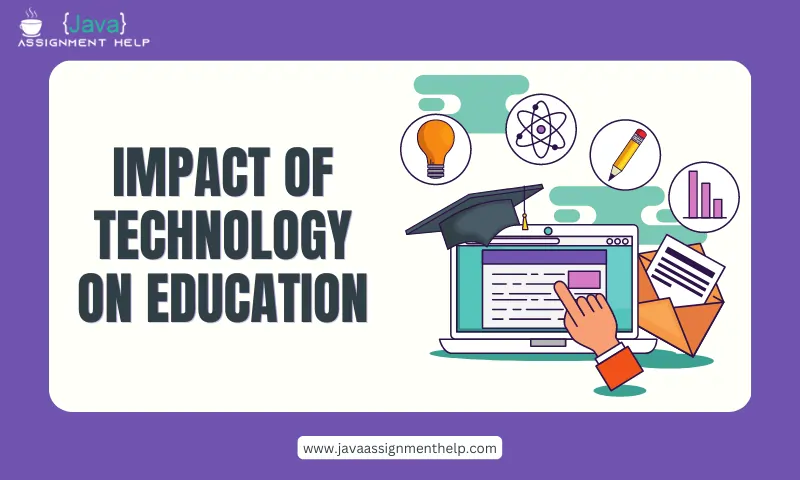Establish a positive and respectful relationship: Building a positive and respectful relationship with parents is crucial to effective collaboration. This can include regular communication, active listening, and demonstrating empathy and understanding.
Be proactive and transparent: Proactively communicating with parents and keeping them informed about their child’s progress and any concerns is essential. Be transparent about assessments, accommodations, and any changes in the student’s education plan.
Understand cultural and linguistic diversity: Special education teachers need to be aware of cultural and linguistic diversity and how it may impact communication and collaboration. Strive to understand the family’s culture, language, and values, and consider how to incorporate these into your communication and collaboration strategies.
Involve parents in decision-making: Parents are valuable partners in the special education process and should be involved in decision-making regarding their child’s education. Solicit their input, involve them in creating Individualized Education Plans (IEPs), and collaborate with them to identify and implement effective strategies.
Provide resources and support: Parents of special education students may benefit from additional resources and support, such as access to support groups, online forums, or training opportunities. Provide information about these resources, as well as any additional support available through the school or community.
Address conflicts in a timely and constructive manner: Conflicts may arise between parents and teachers, but it is essential to address them in a timely and constructive manner. Listen to the concerns of all parties, work collaboratively to identify solutions, and maintain a focus on the best interests of the student.
Celebrate successes and progress: Celebrating successes and progress, no matter how small, is essential to maintaining a positive and collaborative relationship with parents. Regularly share progress updates and positive feedback with parents to reinforce their child’s strengths and accomplishments.
In conclusion, collaborating with parents of special education students is critical to promoting positive outcomes for these students. By establishing positive and respectful relationships, being proactive and transparent, understanding cultural and linguistic diversity, involving parents in decision-making, providing resources and support, addressing conflicts constructively, and celebrating successes, teachers can work with parents to support the academic and social success of special education students.



